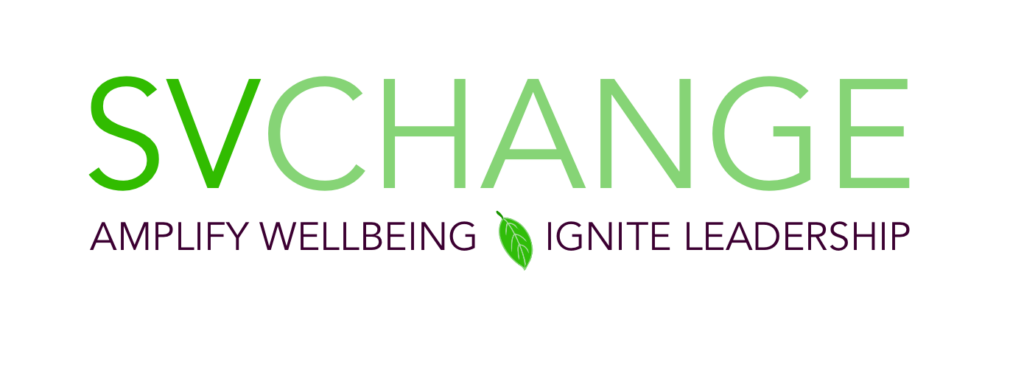I am culpable of being a part of the current global happiness bandwagon, which I suspect is a matter of suspicion for many rational people who brandish scientific temper as a badge of honor. There are thousands of books written on the subject every year, and almost all of them tend to be repetitive, talking about mindfulness or goal setting or changing your mindset etc. As a Certified Happiness Coach, my view is that none of these books work unless we take some decisive actions and create impactful interventions in our life. Not all have the wisdom, capacity or tenacity to take actions, and we are strangled with either luck, coincidence, or choice while we take some action. Let us say an Entrepreneur is not good in marketing but brilliant in numbers. A happiness guru might give some sermons like, “Give an auto suggestion to your brain that, ‘Today I have decided that I am excellent in Marketing.’”
Although I am culpable, as I said earlier in the piece, I look at happiness from an angle that is different from what the self-help literature might suggest. I study Positive Psychology, a toddler branch of Psychology that studies interventions that can make human lives enriched and happier. If an entrepreneur asks me the same question about being not really good in marketing, I will not ask them to give auto suggestions to their brain, I would rather ask, “When you look at people who are good in marketing, what do you see? What are they good at? Do you have some strengths that can match that? If you recall today, were such moments in your life that showcased your strengths in communicating?” Such questions will make them understand their own strengths. They may finally not be a good marketer and may have to hire someone once their enterprise becomes self-sufficient. My argument is that not everyone can do everything. We all have strengths or elements that enrich our lives and limitations where we cannot really operate from an optimal perspective.
Personally, no self-help literature has inspired me at all. However, I follow some rituals that are straight out of any self-help playbook. I plug in YouTube, find a really soothing meditation music video (there are so many good channels) and whisper a few words that are commonly known as “Switch Words”. The theory is that once you change your self-narrative, you change the way you think and attract positive vibes. People claim that they got jobs, got rid of illnesses, and developed better relationships with their loved ones while using Switch Words. I am not sure of those claims. I just love the beauty of some words and repeatedly whispering them gives me solace in the morning. Many individuals have their favorite words or phrases. I also practice Buddhist Chanting (popularized by a lay Buddhism movement called Soka Gakkai) for a few minutes. When I do it, I drop expectations from the prayers and do it just to enjoy the rhythm of it. Perhaps I am wasting my time on such practices–I’m not sure. But I am able to focus better on the day ahead. Being a positive psychology practitioner, I also write a gratitude journal (this is a well researched practice that helps elevate one’s positive emotions) and look at inventing daily positive habits that bring meaning and purpose to my life. If any practice converts to blind belief, then it is a serious problem to tackle.
The believing mind is gullible to believe things that are totally outlandish. However, sometimes the believing mind also starts being self-depreciative. For example, one of my clients whom I coached always used to compare him with his former colleague. My client had a stupendous university education and had completed three Masters degrees. Still, he was not successful in his career. Meanwhile, his colleague was just an Undergraduate, but he was excellent in cracking business deals and was known in the market for his communication skills. So the client used to compare. The self-help literature says that everyone is unique, so comparison is not a healthy thing to do. But when people experience failures, comparing oneself with others is a natural consequence. Of course ruminating in that comparison forever is surely not at all healthy. Self-help gives a quick solution, but it is usually not workable because after initial motivation, we go back to our rumination in no time. It is not so easy to fix our beliefs. I feel that an individual who always compares himself or herself to others will always do so, except when that individual exercises his or her choice to take help from a professional coach and moves on a journey to take decisive actions.
Happiness, in positive psychology terms emerges when we live our life optimally (neither with perfection, nor with imperfection) and have ways to enhance our positive emotions like hope, gratitude, love etc, have good relationships with people, are positively engaged in whatever we do, have meaning in whatever we do and we are able to acknowledge our own individual triumphs, howsoever small or big they are. This is also referred to as the PERMA model by Psychologist Martin Seligman. So one may have self-beliefs or be religious, but if such interventions are not aiding to live an optimal life, one needs to have a relook in trying to understand the missing elements.










